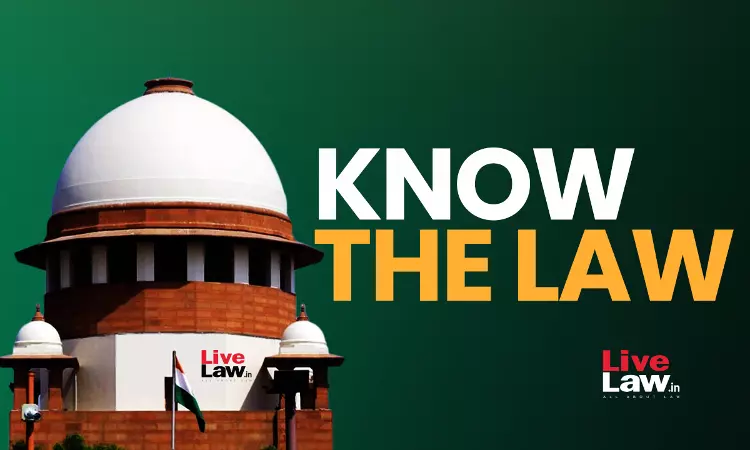Recent Important Judgments On Service Law - Appointments, Pension, Disciplinary Proceedings
Gyanvi Khanna
10 Sept 2023 4:02 PM IST

Next Story
10 Sept 2023 4:02 PM IST
Appointment and RTI mattersSupreme CourtAppointment Can’t Be Denied Citing Suppression of Material Facts When Employer’s Query Was VagueThe Court in State of West Bengal v. Mitul Kumar Jana 2023 LiveLaw (SC) 714, while adjudicating upon the allegations of suppressing information related to a criminal case during the application process, held that “For determining suppression or...
